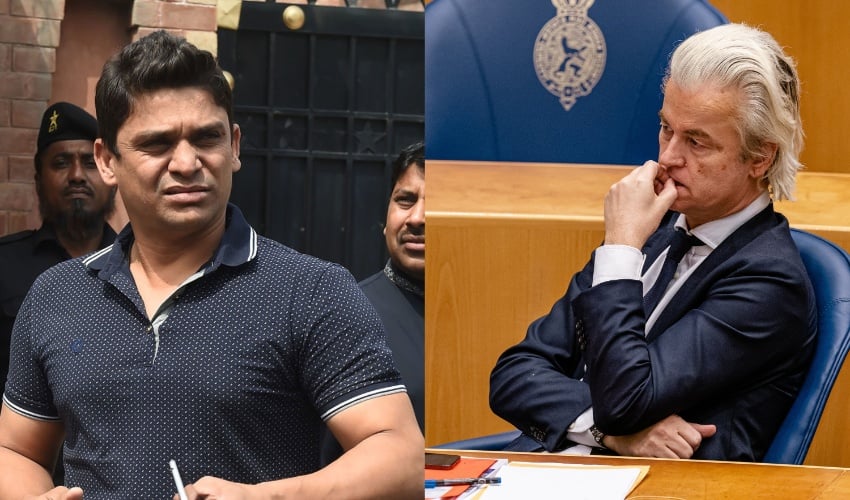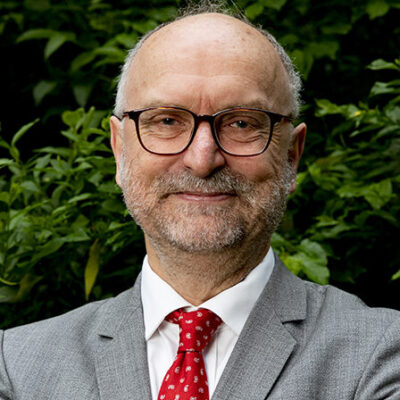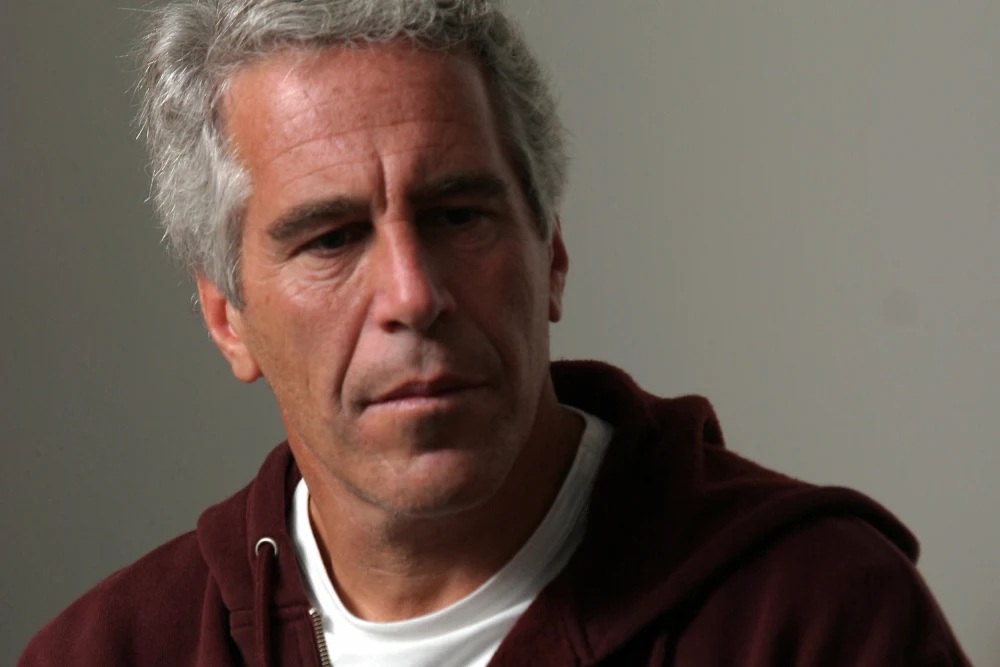
The District Court of The Hague sentenced Pakistani cricket player Khalid Latif to 12 years in prison earlier this week for calling for the murder of Dutch politician Geert Wilders. For the first time, an instigator of murder and manslaughter living abroad has been successfully prosecuted and convicted in another country. A verdict that goes far beyond the borders of The Netherlands and Pakistan.
By Arthur Blok and Paul Cliteur
In 2018, Wilders announced his intention to organise a cartoon contest about the Prophet Muhammad. Latif finds such a contest blasphemous and so offensive that he called for the organiser to be killed and a video of it to be posted online.
The relevance of this event goes far beyond the Netherlands and Pakistan. That relevance is obvious. The 200 or so nation-states in the world all have different jurisdictions. What is prohibited in one country is prohibited in another, and vice versa.
Blasphemy was removed from the criminal code in the Netherlands after years of political and public debate. In Pakistan, it is punishable by death.
Now, what if it becomes possible for citizens in one country to call for the “punishment” of perfectly legal acts in another country? It is bound to become utter chaos in the world then. Yet, we are in danger of falling into this world if we are not already.
In 1989, Ayatollah Khomeini (Iran) called for the assassination of Salman Rushdie for writing his satirical book The Satanic Verses (United Kingdom). After all, Rushdie, like Wilders, would have done something that made him insult the Prophet. Khomeini threw himself up, like Latif, to defend the Prophet’s honour.
And he does so, like Latif, by calling for murder.
It is important to emphasise that it is irrelevant how one feels about Rushdie’s book or Wilders’ proposed cartoon contest, which never took place: tolerating an outlaw in the modern world would plunge us into chaos of unprecedented proportions.
On Oct. 16, 2020, outside Paris, French teacher Samuel Paty was murdered in the street by Abdullakh Anzorov, a jihadist. What had Paty done wrong, according to Anzorov, that she deserved such a brutal execution?
As a social studies teacher, Paty had shown the French cartoons based on which the 12 Charlie Hebdo cartoonists were murdered in 2015. Paty had established some of those cartoons in his class in 2020. To avoid unnecessarily offending his (primarily Muslim) students, he had announced to the class that they could leave the class if they did not want to see those cartoons.
His warning was to no avail. Anzorov, who had learned of what Paty had done, took offence. As did Latif with Wilders. Paty was beheaded near his school on his way home. An image of Paty’s severed head was posted on Twitter immediately after the murder and intended as a deterrent.
That is precisely what Latif wanted to happen to Wilders.
The Rushdie affair (1989), the Danish Cartoon Riots (2005), the attack by two jihadists (on behalf of Al-Qaeda) on the editorial board of the French Charlie Hebdo (2015), the murder of Paty (2020) - are painful illustrations that this problem is by no means resolved. Likewise, it is a global problem, not limited to the Netherlands or any other country where satire about religious icons is possible.
What is new about this sentencing of Latif by the Dutch court is that for the first time, action is being taken against an outlawing of a Dutch citizen from abroad. Now, people will say that action makes no sense. Khomeini, while criticised, was not judicially convicted. Khomeini never served a sentence in England for declaring the British citizen Rushdie to death.
The same is valid with Latif - he will never show himself in the Netherlands because he will be arrested for serving his sentence. However symbolic, a first step must be taken with such a conviction.
With this conviction, international theo-terrorism (religiously motivated terrorism) receives recognition for the first time. This is the first step on a longer path to end undermining countries’ national sovereignty (in this case, the Netherlands) by other countries acting according to the Latif/Khomeini strategy based on intimidation and violence. Thus, the international legal order owes the Dutch judiciary.
Arthur Blok is the author of two books on Wilders: This is as Crazy as It Gets: Geert Wilders, from one-person faction to a broad grassroots movement, Just Publishers, s.p. 2018; It Can't Get Much Crazier, Just Publishers, s.p. 2011.
Paul Cliteur is the author of Theo-terrorism v. Freedom of Speech: from Incident to Precedent, Amsterdam University Press, Amsterdam 2019.






